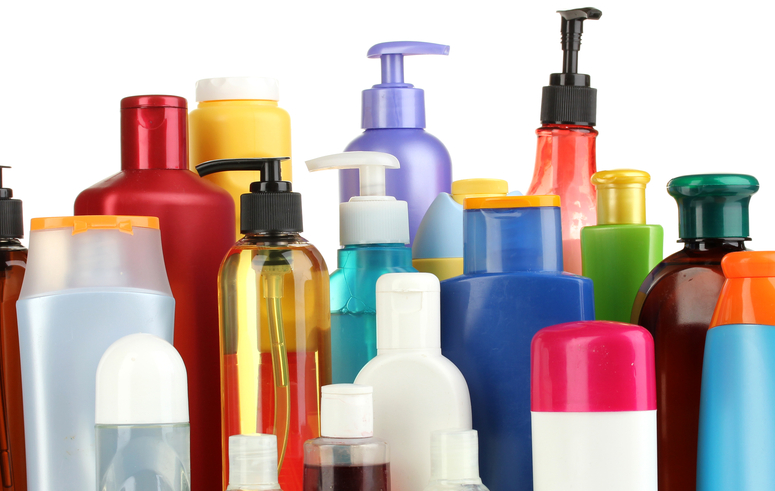

By Mantasha - Apr 30, 2025
Phthalates such as DEHP, commonly found in plastics and personal care items, have been linked to health issues and an estimated 356,238 deaths. India reported the most deaths. Experts suggest reducing exposure, advocating stricter regulations, and promoting safer alternatives like Citrates and Adipates to mitigate health risks associated with phthalates.

Phthalates via Project Vanity
LATEST
Phthalates, having the compound name di-2-ethylhexyl phthalate (DEHP), a common plasticizer, are commonly used in a wide range of plastics and personal care products and have previously been shown to disrupt human health. DEHP, widely used to make plastics more flexible, is prevalent in everyday items such as food containers, medical equipment, toys, shampoos, and lotions.
The study estimated that DEHP exposure contributed to 356,238 deaths among individuals aged 55 to 64, accounting for over 13% of global heart disease deaths in that age group. Approximately 75% of the deaths occurred in regions like Asia, the Middle East, and the Pacific, highlighting the disproportionate impact on developing countries. India alone reported 103,587 deaths.
DEHP is known to interfere with hormone functions and has been associated with various health issues, potentially increasing people's risk of chronic diseases like allergies, asthma, obesity, type 2 diabetes, and ADHD. As a result, many experts advocate for reducing exposure to DEHP, particularly among vulnerable populations such as pregnant women and children, to mitigate these health risks. This has led to increased calls for stricter regulations on the use of DEHP in consumer products and greater public awareness regarding its potential dangers. The chemical can cause inflammation in the arteries, increasing the risk of heart attacks and strokes.
Some alternatives to phthalates are Citrates, Adipates Sebacates, Phosphates, DINCH (diisononyl cyclohexane-1,2-dicarboxylate) and DEHT (di(2-ethylhexyl) terephthalate). While these alternatives are generally seen as safer, some studies have shown that certain alternatives may have similar toxicological effects as phthalates or may be subject to environmental concerns like leaching. Therefore, ongoing research and careful evaluation are crucial. Moreover, manufacturers and regulators must work together to ensure that any substitutes not only meet safety standards but also minimize environmental impact. As consumer awareness grows, transparency in chemical usage will become increasingly important in guiding choices toward safer products.
Given the widespread presence of DEHP in consumer products and its associated health risks, experts recommend implementing stricter regulations to limit DEHP use in consumer products, especially in regions with high exposure levels, educating consumers about the potential risks of phthalates and encouraging the use of safer alternatives and conducting more studies to understand the full extent of health impacts and to develop effective mitigation strategies.